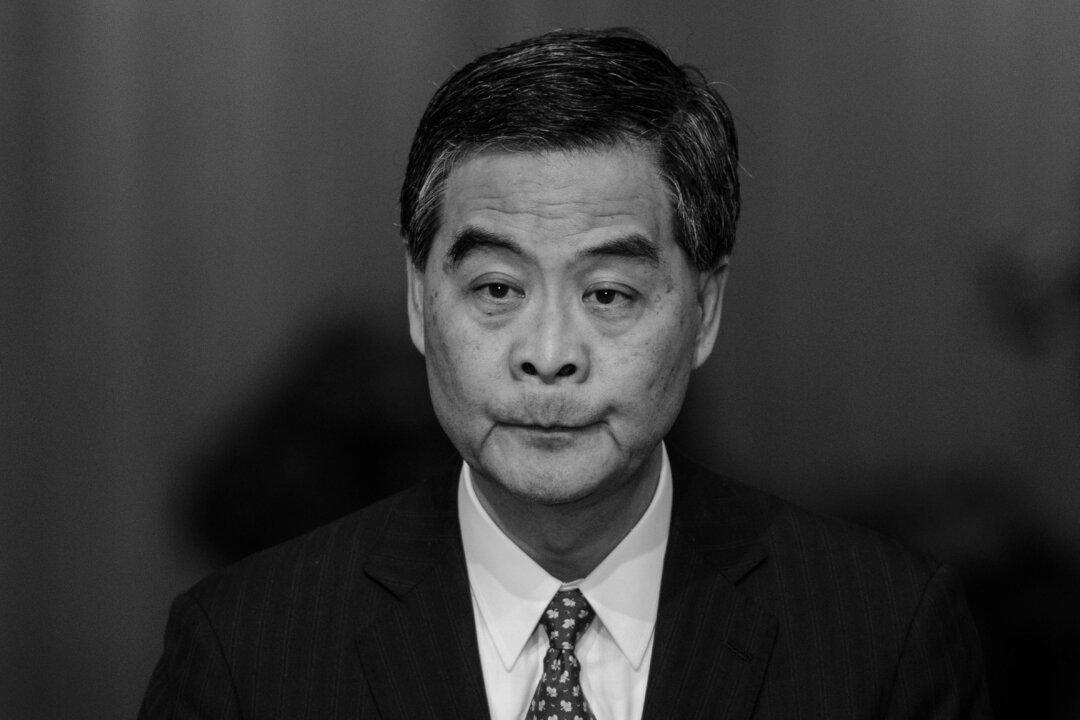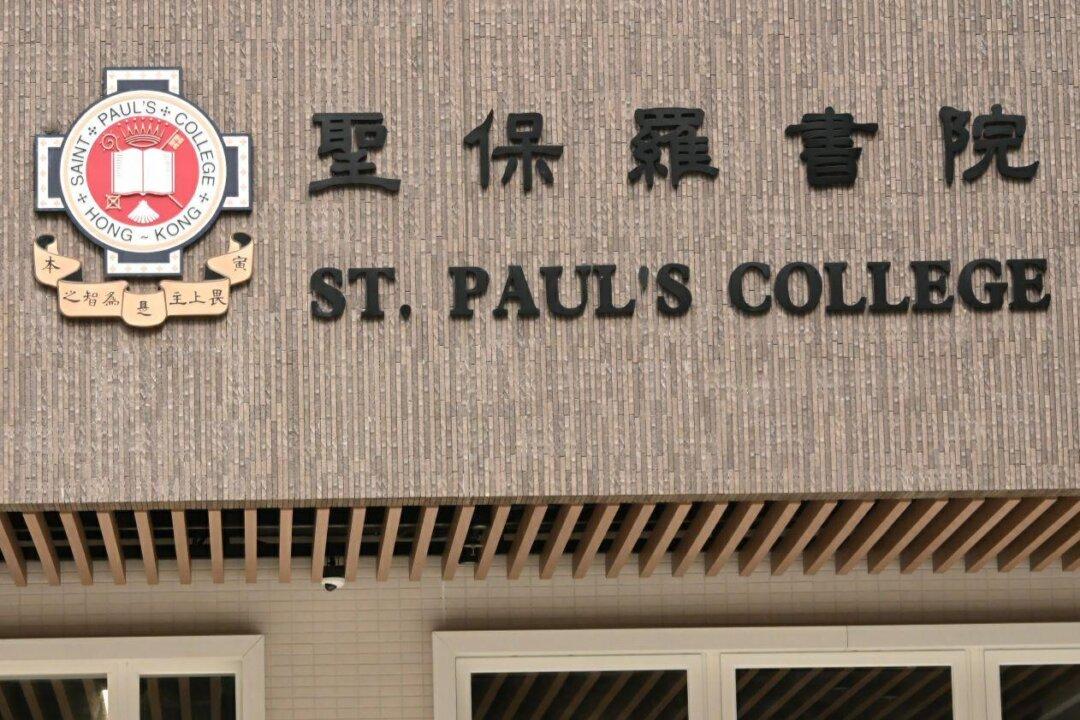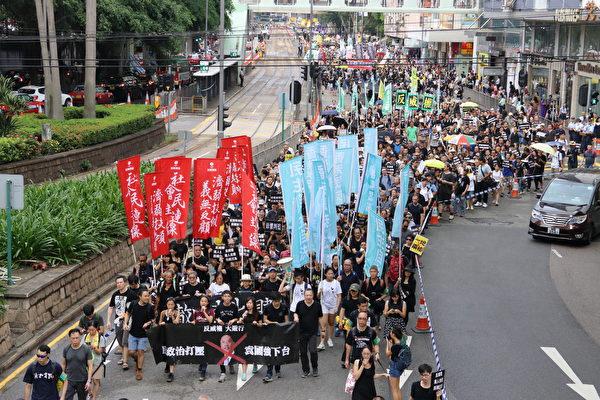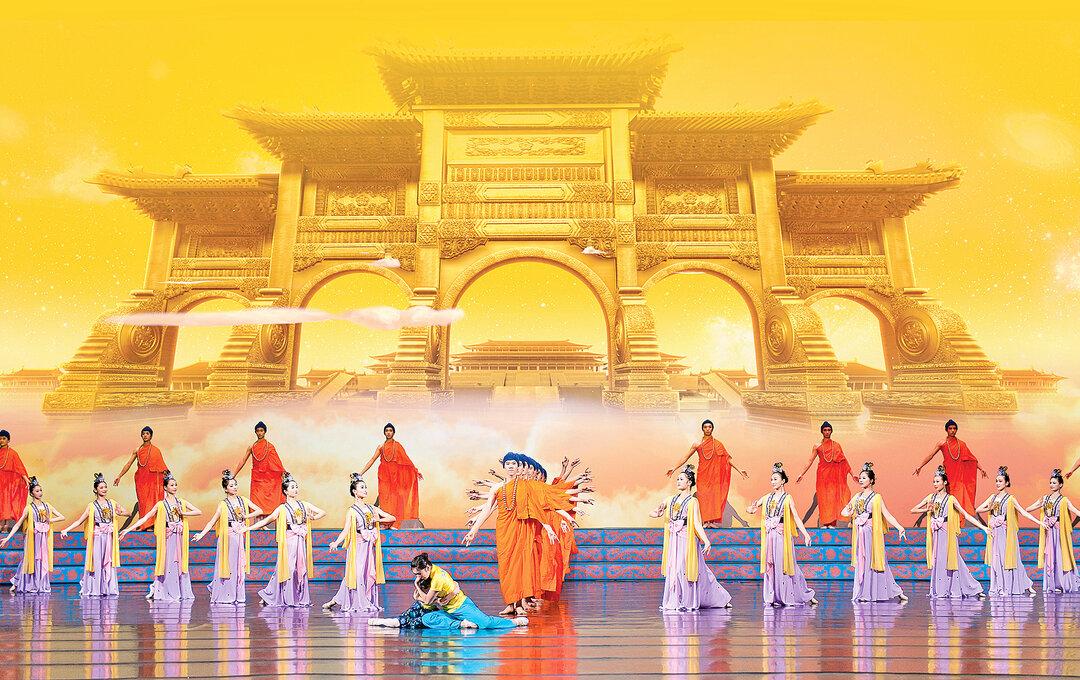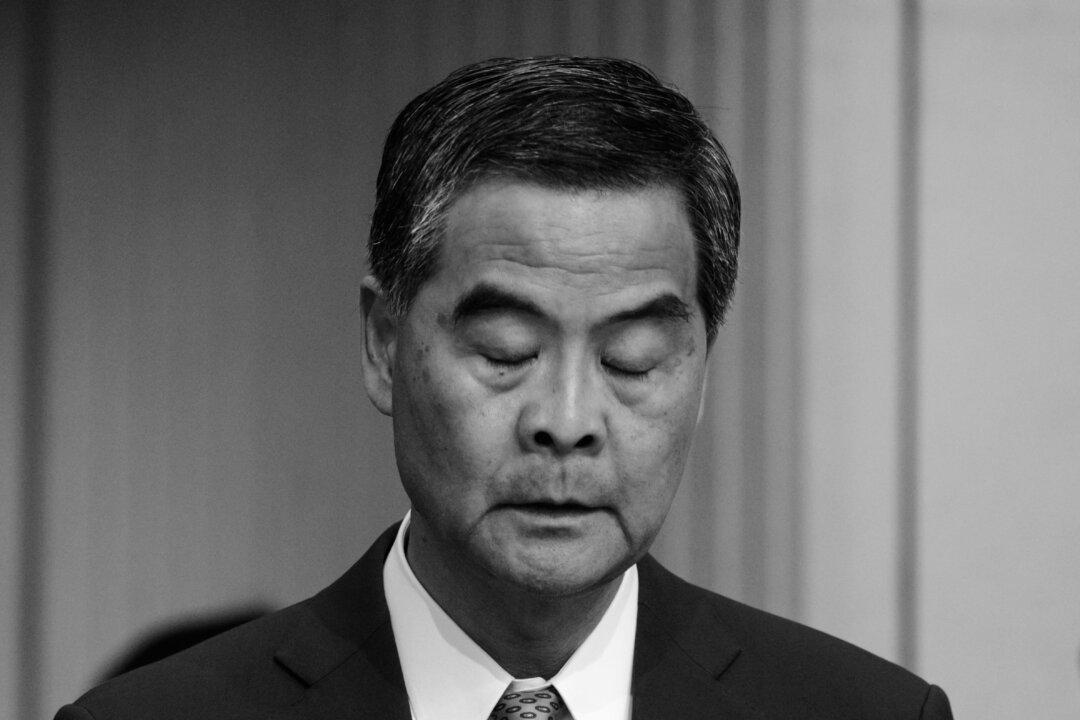HONG KONG—When Leung Chun-ying, the leader of this semi-autonomous city, announced on Dec. 9 that he would not seek a customary second term, a cheer went up among a public that has been hoping for his retreat from public life for years.
For many, Leung is the chief instigator of the mass social unrest that has rocked Hong Kong in recent years. He cited “family reasons” for his decision to step down when his term expires in March 2017. “In my family, my children only have one dad. My wife only has one husband,” he said.
Leung Chun-ying’s sudden decision to withdraw from competition for the leadership affirms previous information leaked to this newspaper by high-level sources in Beijing, which stated that Leung had fallen out of favor with Chinese leader Xi Jinping’s administration, and that a broader purge of Leung’s backers is also in the offing.
Cautious Cheers
Chief Executive Leung came to office in July 2012 after securing a little over half the votes—689, a figure that Leung’s critics would mock him for—from a 1,200-member election committee stacked with pro-Beijing members.
During his tenure, Leung oversaw several controversial moves: He backed a “patriotic education” school syllabus that Hongkongers called communist “brainwashing“; under Leung’s watch, Hong Kong police fired 87 canisters of tear gas into a crowd of protesters, sparking the massive ”Umbrella Movement“ street occupation in 2014; and Leung has been vocally critical of ”Hong Kong independence,” a stance that seemed to overly hype the threat of an ideology that enjoys little public support.
Very recently, Leung and his government challenged the validity of the oaths of office of four pro-democracy lawmakers in Hong Kong court, a move that analysts say is Leung’s attempt to oust the lawmakers from the city’s legislature. In November, Leung and his government won a case against two pro-independence legislators for their use of coarse language when taking their oaths, causing the legislators to lose their seats.
Because Leung is such an unpopular and divisive figure, his decision to not seek reelection will have “undeniably gratified many Hongkongers,” said James To, a pro-democracy Hong Kong lawmaker. “I’m just as happy as everybody,” said Alvin Yeung, the acting leader of Hong Kong’s Civic Party.
Several pro-democracy lawmakers expressed similar sentiments to the Epoch Times, and warned Hongkongers not to let down their guard because Leung Chun-ying still has to serve out his time in office.
“We absolutely can’t think we’ve won at this point, and shouldn’t relax,” said pro-democracy lawmaker Dennis Kwok. “We still need systemic change to safeguard Hong Kong’s core values.”
Fate Sealed
The political fate of Leung Chun-ying appears to have been determined for some time by the Xi Jinping administration.
Starting from August, Leung and several top Chinese officials overseeing Hong Kong were accused by pro-Beijing Hong Kong newspaper Sing Pao Daily—via several frontpage commentaries—of “bringing calamity to Hong Kong.” The highly unusual nature of the attack has led analysts to believe that the Sing Pao articles come from Xi’s camp.
In early November, Epoch Times learned from an individual with authoritative information about the sensitive political operations between China and Hong Kong that Leung “won’t be allowed to stay on” as Hong Kong leader due to his abrasive policies. The final straw came when Leung blocked a classical Chinese dance competition from being held in the city this July, a move that “caused a stir in Zhongnanhai,” the headquarters and residence of the top Chinese leaders, the source said.
Leung’s situation became clearer after he met with Xi on Nov. 21 at the APEC meeting in Peru. While Leung told reporters that Xi “fully acknowledged” his work—a statement that doesn’t stand after a careful parsing of the official Chinese press release and the circumstances of the meeting—Leung wouldn’t comment on whether he had Beijing’s blessings to seek reelection. Typically, those running for the office of Hong Kong Chief Executive try to solicit some form of approval from Beijing.
More trouble for Leung may not be long in coming. The individual that Epoch Times obtained information from said that Leung won’t get reelected and will “also be dealt with.”
Leung is still being dogged by a corruption accusation that surfaced in 2014. The Australian newspaper The Age reported that Leung had received, but didn’t declare, a payment of about $6 million from engineering company UGL, when he was serving as Hong Kong leader. Leung was recently accused of being involved in the replacing of a key Hong Kong anti-corruption investigator who was reportedly looking into his case.
Leung has long been believed to be part of former Communist Party leader Jiang Zemin’s faction in Hong Kong. Xi Jinping has used his anti-corruption campaign to purge Jiang’s powerful political faction, and move the Chinese regime away from the corrupt and persecutory practices that Jiang oversaw.
Sources close to the communist authorities in Zhongnanhai say that Leung was given explicit directions to step away from politics. The unnamed sources say that Leung was criticized for exacerbating civil disturbances in Hong Kong and bringing embarrassment to Beijing.
Xin Ziling, a retired Chinese general and political commentator, said that Leung’s decision is a strike against the Jiang faction. “We should say that this is a victory for Xi over Jiang on the political chessboard; at the same time, removing Leung is a victory for the Hong Kong people’s resistance.”
Possible candidates
Several figures in Hong Kong have thus far expressed interest in running for Chief Executive.
Woo Kwok-hing, a retired Hong Kong High Court judge, was first to declare his candidacy. Hong Kong’s financial secretary John Tsang, and Regina Ip, a pro-Beijing legislator, have also strongly hinted that they are seeking election.
A source close to the Chinese leadership told Epoch Times near the end of November that Beijing wants a candidate who “understands economics” as Hong Kong leader, and hence wants Norman Chan, the head of the Hong Kong Monetary Authority, to take the city’s top official job.
Chan, however, presently isn’t keen to be Hong Kong leader, the source said, but “Beijing is trying to move him, and things aren’t set yet.”
